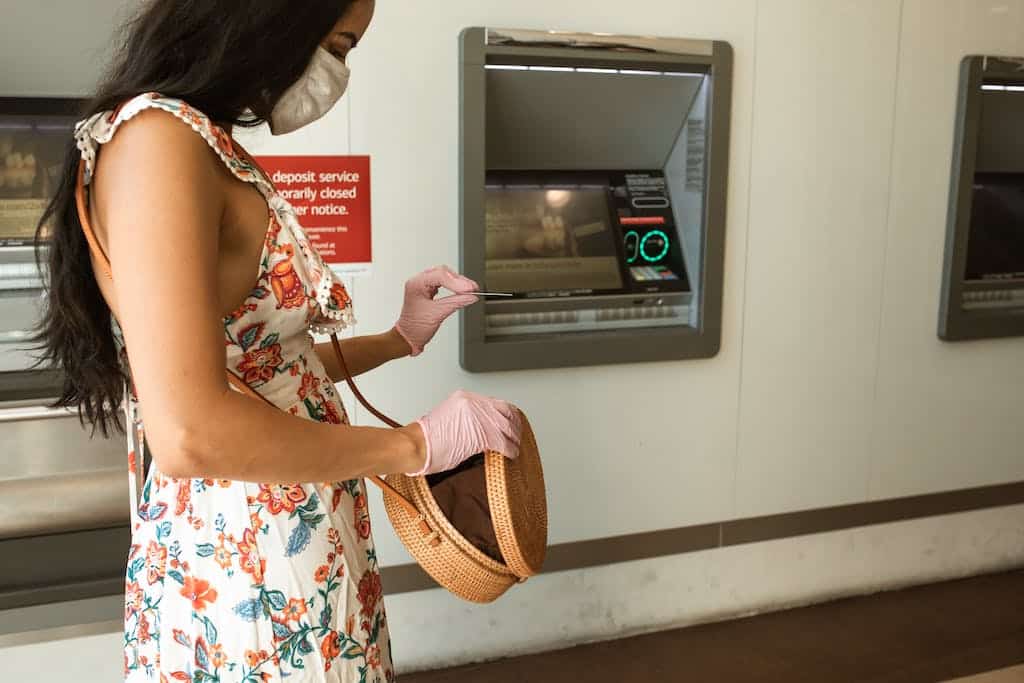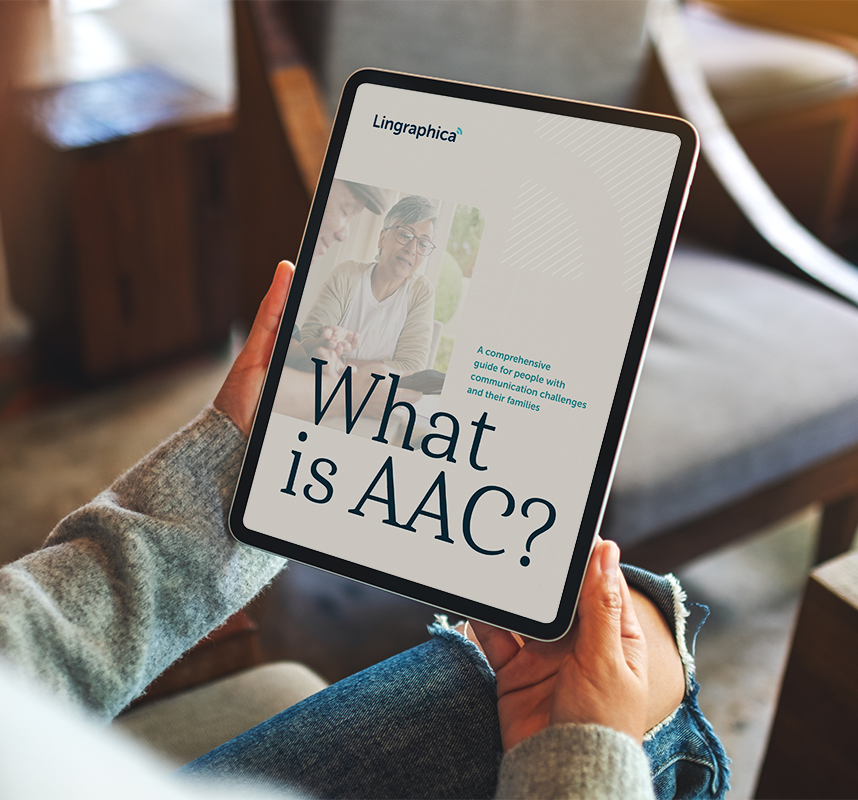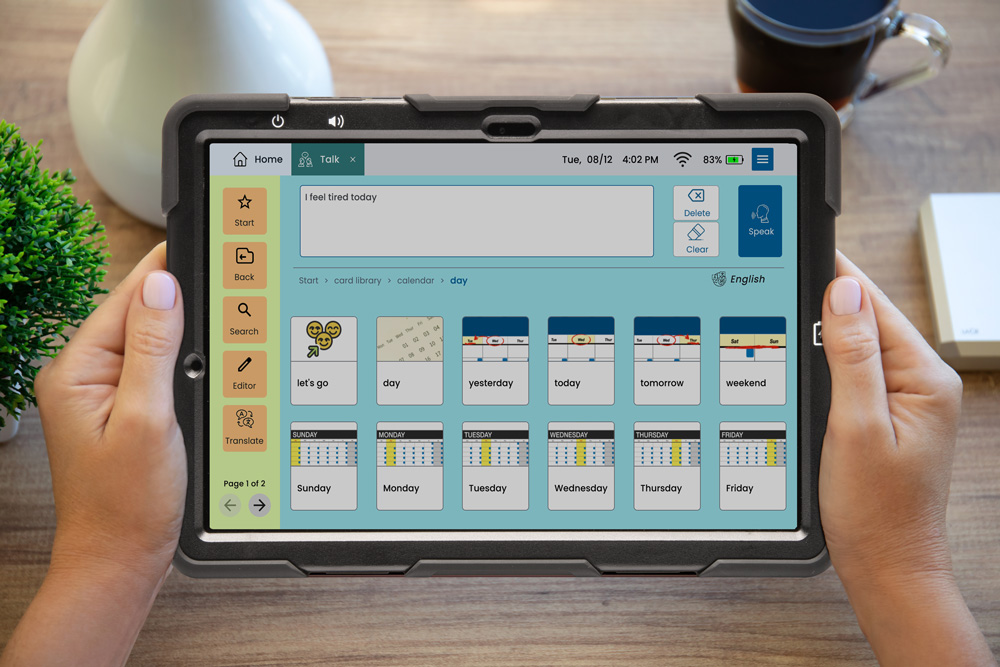
Every November since 2000, organizations around the world make or renew a pledge for International Fraud Awareness Week to increase fraud awareness in their workplaces and communities. So this International Fraud Awareness Week, we’d like to offer some valuable tips on how to protect yourself from fraud and keep your health information secure.
In 2022, consumers reported losing nearly $8.8 billion due to scams and fraud according to a release by the Federal Trade Commission (FTC). Despite the prevalence of scams targeting younger individuals, it’s noteworthy that those aged 60 and above often endure more significant financial losses. And while stealing your money is often the goal of scammers, their methods might not be so obvious, emphasizing the need to remain vigilant.
Our products and resources — from online communities to dedicated AAC devices — help people from all walks of life. And wherever you are, we want to help keep you (and your health information) safe.
Protect Yourself From Email Phishing Scams
Be vigilant against deceptive emails attempting to trick you into revealing sensitive information. Avoid clicking on unfamiliar links or providing personal details in response to unsolicited emails from sources you don’t know. When in doubt, contact the purported sender through verified channels to confirm the email’s legitimacy.
Verify Official Phone Numbers
Scammers can impersonate healthcare providers or insurers over the phone. Before sharing any information, verify the caller’s identity by cross-checking the provided contact number with the official one listed on the organization’s website. These phone numbers are usually listed on a company’s Contact Us page. Never disclose personal information unless you are certain of the caller’s authenticity.
Limit Sensitive Information On Your Devices
If you or a loved one uses a Lingraphica AAC device, you know how personalized they can get. And while we want to make sure your device is as helpful as possible in empowering you to participate in the things that matter most to you, there are some things that you should avoid storing on your device. For example, you don’t ever want to store things like your credit card information or your social security number.
Secure Your Medical Information
When you’re facing a health issue, it can leave you feeling overwhelmed. According to the FTC, scammers have been known to take advantage of these high-stress moments to gain sensitive information and steal your money. Before giving out your health information, you should always do your research. If you’re curious about a certain treatment option or health solution, reach out to your doctor or trusted healthcare provider first.
Report Suspicious Activity
Despite it all, there is good news: We outnumber the scammers. But it’s important that we take advantage of that fact. If you encounter any suspicious activity, promptly report it. Whether it’s a potential scam phone call, phishing email, or unauthorized access to your personal information or medical records, reporting such incidents can help prevent further harm and protect others from falling victim to similar schemes. Notify any relevant party (e.g., your bank, your healthcare provider, etc.), and start a report with the FTC.
Stay Informed
Knowledge is a powerful defense against fraud. Stay informed about prevalent fraud schemes and emerging threats by seeking information from reputable sources dedicated to fraud prevention. Share this knowledge with your loved ones to collectively strengthen your defenses against potential scams.
Fraud poses a significant threat, but with these six proactive tips, you can fortify your defenses and ensure the safety of your personal and health information. By staying vigilant, verifying information, and staying informed, you empower yourself to navigate the digital landscape securely. Your well-being is our priority, and these strategies will help you protect what matters most.
Resources:
About Contributor
Lingraphica helps people with speech and language impairments improve their communication, speech, and quality of life. Try a Lingraphica AAC device for free.













